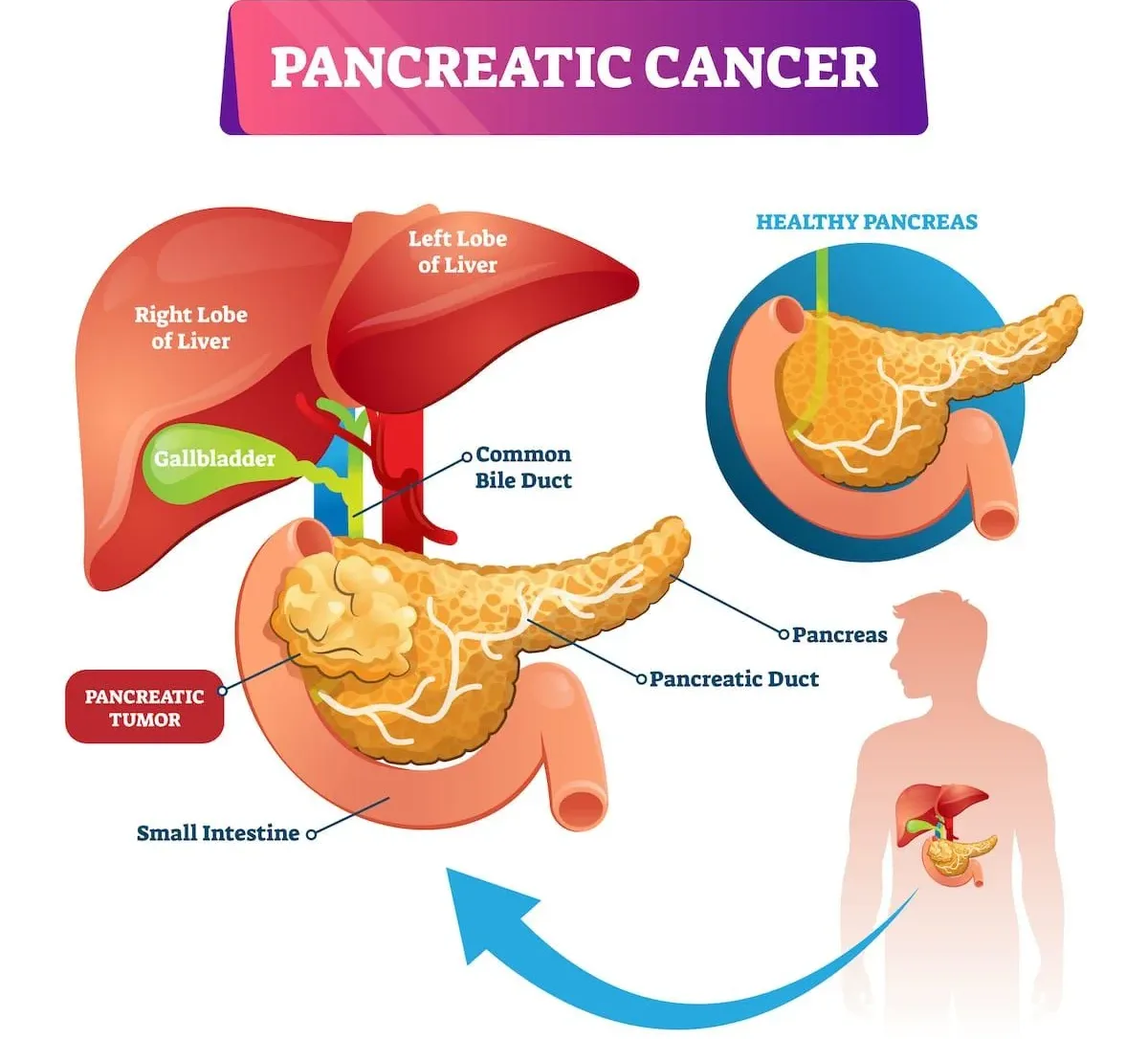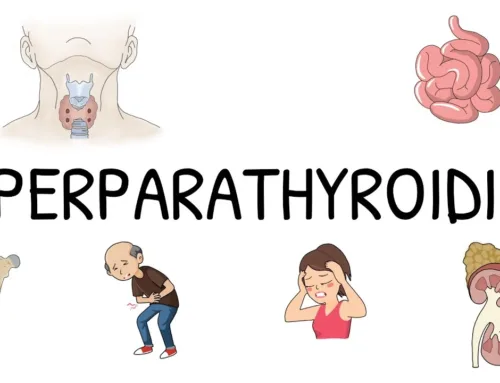Pancreatic cancer is a malignant tumor that arises in the pancreas, an organ in the abdominal region responsible for producing hormones and digestive enzymes. It is a highly aggressive and often fatal cancer, with a five-year survival rate of only 10-12%.
One of the most common signs of pancreatic cancer is a change in blood sugar levels. In this article, we will explore how pancreatic cancer affects blood sugar and the mechanisms behind it.

Pancreatic Cancer and Blood Sugar: An Overview
The pancreas controls blood sugar levels by producing two hormones, insulin, and glucagon. Insulin is responsible for lowering blood sugar levels, while glucagon raises them. These hormones work together to maintain a delicate glucose balance in the bloodstream.
Pancreatic cancer can disrupt this delicate balance by affecting the production of insulin and glucagon. As the tumor grows, it can compress or invade the surrounding pancreatic tissue, decreasing insulin production. This can cause an increase in blood sugar levels, leading to a condition known as hyperglycemia.
Additionally, pancreatic cancer can also cause the production of excess glucagon. This hormone signals the liver to release glucose into the bloodstream, increasing blood sugar levels.
Hyperglycemia and Pancreatic Cancer
Hyperglycemia is marked by high blood sugar levels, generally above 200 mg/dL. It can cause many symptoms, including frequent urination, excessive thirst, fatigue, and blurred vision. In severe cases, it can lead to diabetic ketoacidosis, a life-threatening condition that requires emergency medical treatment.
Hyperglycemia is a common symptom of pancreatic cancer, affecting up to 80% of patients. It can occur at any phase of the disease, but it is more common in advanced stages. It can also be a sign of pancreatic cancer recurrence after treatment.
Diagnosis and Management of Hyperglycemia in Pancreatic Cancer
Hyperglycemia in pancreatic cancer can be diagnosed through blood tests that measure fasting blood glucose levels. If hyperglycemia is detected, further testing may be required to confirm the presence of pancreatic cancer.
The management of hyperglycemia in pancreatic cancer involves a combination of medications, dietary changes, and lifestyle modifications. Medications such as insulin and oral hypoglycemic agents can be used to lower blood sugar levels. Dietary changes may include reducing the intake of sugar and carbohydrates and increasing the consumption of fiber-rich foods. Lifestyle modifications such as exercise and weight loss can also help to improve blood sugar control.
Hypoglycemia and Pancreatic Cancer
While hyperglycemia is the most common blood sugar-related symptom of pancreatic cancer, hypoglycemia can also occur. Hypoglycemia is characterized by low blood sugar levels, typically below 70 mg/dL. It can cause various symptoms, including shakiness, confusion, irritability, and dizziness.
Hypoglycemia in pancreatic cancer is less common than hyperglycemia, affecting up to 20% of patients. It is typically associated with advanced-stage disease and can be caused by the tumor’s overproduction of insulin or other hormones.
Diagnosis and Management of Hypoglycemia in Pancreatic Cancer
Hypoglycemia in pancreatic cancer can be diagnosed through blood tests that measure fasting blood glucose levels and other hormone levels. If hypoglycemia is detected, further testing may be required to confirm the presence of pancreatic cancer.
The management of hypoglycemia in pancreatic cancer involves a combination of medications, dietary changes, and lifestyle modifications. Medications such as octreotide and diazoxide can raise blood sugar levels.
You know Why is diabetes education important for every individual?
Conclusion
Pancreatic cancer can significantly impact blood sugar levels, leading to hyperglycemia or hypoglycemia. These changes in blood sugar levels can cause various symptoms and be an important indicator of pancreatic cancer. Therefore, it is important for individuals who experience any changes in blood sugar levels to seek medical attention promptly. Early diagnosis and management of blood sugar-related symptoms can improve the overall management of pancreatic cancer and patient outcomes.




Leave A Comment